Maui County Planning’s brave, good hearted and hard-working director, Michele McLean, did a great job of leading the Maui County Planning Department’s public meeting to discuss their plans to phase-out residential Short-Term Rental Homes, STRHs. She was poised, thoughtful, and helpful throughout a barrage of rightfully emotionally charged questions from a bewildered law abiding public for nearly three straight hours Friday at the County Planning conference room in Wailuku.
Underneath Ms. McLean’s eloquent facilitation, however, was a resolute and unapologetic intent to phase-out short term vacation rental permitting altogether, betraying compliant permit licensee’s’ good-willed efforts and trust in Maui County’s commitment to uphold their own laws.
The Conclusion?
“It doesn’t pay to be honest regarding short-term rental permitting on Maui. ” –Quote by west-side property manager of 20 years
Public Impact
The following are the key points that were made by various participants in Friday’s meeting.
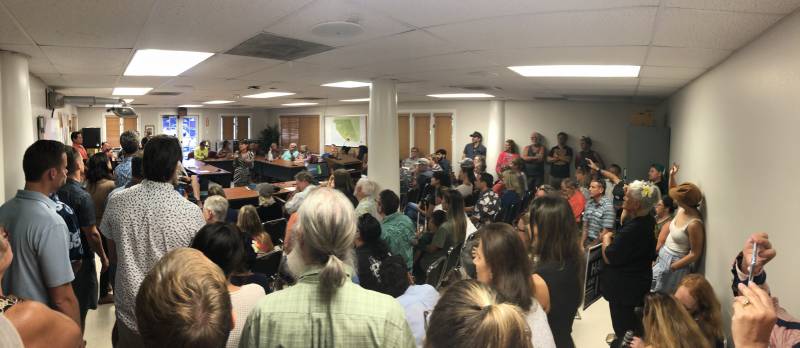
Honest Taxpayers Penalized
For those honest business men and women who volunteered to go through the labor intensive, and patience challenging effort to apply for permit for STRH were met with the following responses from Maui County Planning Department:
- Significant property tax increase
- New tax classification of “Commercialized Residential” which limits loan options and terms
- Finally, after investing into your legalized new rental business with time, money, and infrastructure, and dependence on your business plan’s projected income, your permit to operate is undergoing planning to be “revoked.”
If hindsight is 20-20, given the opportunity to volunteer to work “with” the county going forward, where would you stand?
What’s Really Going On?
Several participants commented on Maui County’s recent success in cracking down on illegal vacation rentals since they outsourced an automated online detection system to report illegal rentals. There were several accountings that, in 2019, there were a reduction in illegal rentals by approximately 85%. So the question was repeatedly raised, “Why is the county seeking elsewhere to resolve the STRH problem, if the current efforts are extremely successful?” Ms. McLean said that that was a good point. No elaboration was offered.
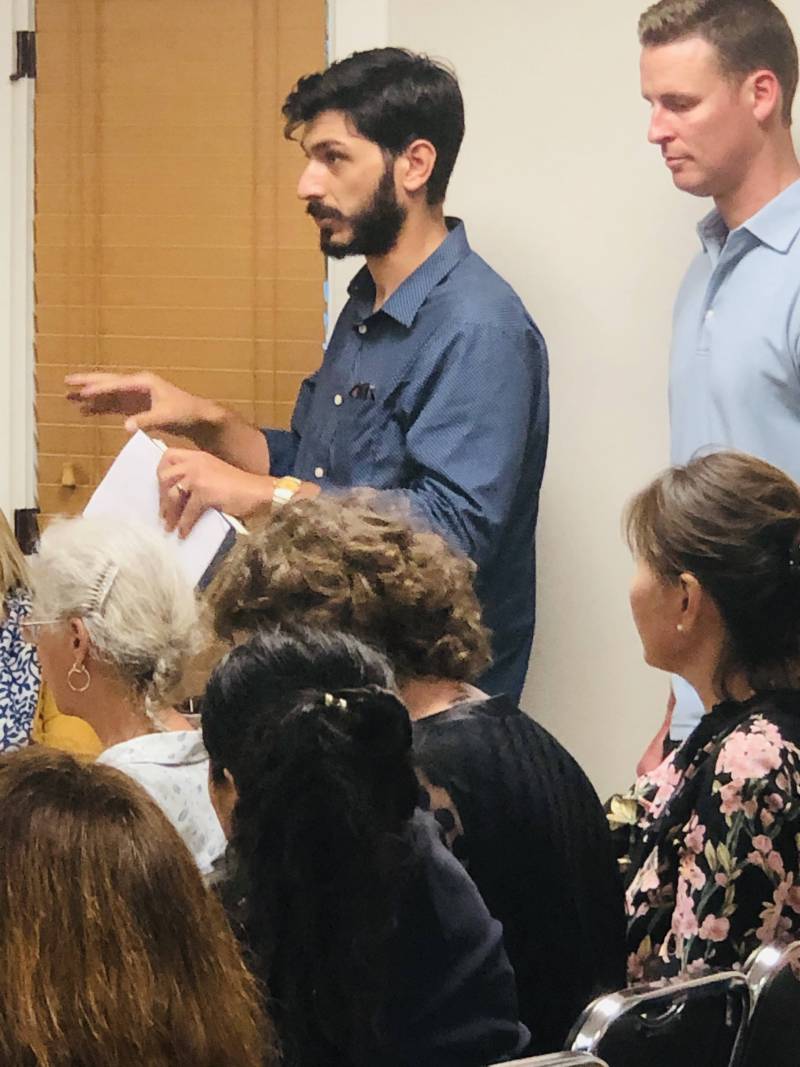
Coincidentally I spoke with an investment property owner Friday morning that stopped his illegal short term rentals completely without hesitation due to this crackdown on illegal vacation rentals and his $20,000 fine. When I asked him about how he turned his business around so quickly, he said, “Oh. I just stopped immediately. I’ve got my eyes on a new project now. That one is dead.” He turned his back on a dime from nearly $10,000 a month income, and I found that very convincing that the existing effort against illegal vacation rentals is a powerful deterrent and a much more effective approach than banning under 200 permitted homes on Maui.
Primary Objections to STRHs
Are you sitting down? Maui County Planning Department is responding to two primary objections: 1. If residential short term rentals are unauthorized, then neighborhoods would be filled people that know each other and 2. If residential short term rentals are unauthorized, then there will be more affordable housing.
The public responded with:
- Are we really paying the county to invest valuable resources on neighborhood relations and oh, by the way, how is that topic related to steering? Aren’t neighborhood relations something defined and governed more appropriately by CC&R’s? When asked, “How many people actually complained about not knowing their neighbors?” Ms. McLean replied only, “Enough to get us here. Next question …”.
- How can repealing income rights from investors equate to a sustainable reduction in housing needs, and why is the cost of affordable housing a problem a subset of investors is charged to resolve instead of the government?
Workforce Housing Not Materializing
This was my personal rant, and one I shared at the RAM GAC meeting with Ms. McLean the day prior. From my personal experience, developments are not held to high enough standards to ensure that workforce allocated units end up in the workforce community at substantially reduced prices. Too many units end up converted to open market sales, or sold to workforce qualifying home owners at an insignificant reduction in price, yet with all the county workforce restrictions. A significant component of each of those circumstances is the weeding out of the workforce community from the lottery, both at selection and at being called to exercise their option. This is done by long delays, 30 day holds on prices before they are eligible for increase and in incongruity between county income requirements and lender income requirements, leaving too many hopeful families required to purchase a house more expensive than the loan they can get to pay for it. Perhaps higher standards to ensure workforce homes end up in workforce families at workforce rates would be a more productive place to focus Maui County Planning efforts to increase affordable housing.
STRHs Owned by Hawaiian Natives and Local Residents Too
One local resident, born and raised on Maui, shared in dismay that his family cannot reasonably assume investing in their life long dream of running a B&B is safe from deregulation, and that they won’t suffer what the STRHs are about to which is an unrecoverable loss of investment in infrastructure. If the county doesn’t honor their own permitting, and B&B’s become at risk in the future, they would stand to lose “everything” and cannot take that chance. So this family that has called Maui home for their entire lifetime, cannot safely go into the business of their dreams, unless they leave their home.
\
Other STRH owners born and raised on Maui promised to sue the county if this happens. Ms. McLean readily responded that the county would be honoring the permits issued, and that permits are temporary rights. This illuminated that the county has been discussing the possibility of lawsuits, and that the county’s conclusion is that it is safe from suit due to this technicality. Also that they comprehend yet chose to ignore the injustice to STRH investors and dependent business contractors that are under its employ. (See Hardshipsbelow)
Another Hawaiian native and local raised resident shared that in her family the property owner is her ill father that needs medical care on the mainland, and that he depends on his permitted rental income to provide medical care and accommodations on the mainland to receive it. She furthered that a B&B under the current requirements would not work for her family’s situation because her father has to be off-island for medical reasons.
As for the perception that non-Hawaiian investors are controlling and interfering with housing prices via investment properties, the actual numbers reflect almost a 50-50 split of local owners to mainland owners overall. In smaller communities (Haiku, Hana, Upcountry), the STRHs are mostly owned by local residents, nearly 70%. In Kihei, they are about 50% locally owned, and 50% mainland owned. Paia is a 60-40 split, and Lahaina is a 40-60 split, Maui owners to mainland owners. Only 3 are owned by foreigners; 2 from Japan and one from Canada.
New Officials – Not New Concepts
Another participant shared that these concepts are not new, it’s just a new governmental body that doesn’t understand the history of STRH permitting, what it solved and how it’s working, let alone all the effort and work that went into getting to the improved state we are in today. She said this naïve directive will have unintentional and catastrophic consequences.
Council and Planning Department Silos
Two members of the council, Yuki Lei Sagimura and Tamara Paltin, attended and addressed some Minatoya List questions that were not a part of today’s discussion. One said she came to learn along with the public what the county was planning on doing. She elaborated that “we are singing to the choir,” and it’s the illegal STRH property owners that “we” need to be directing this conversation to, and that the county was not trying to do away with STRHs altogether. A thunderous and immediate eruption in unison corrected her that they are indeed planning on doing just that, eradicating all permitted STRHs. Tamara Paltin clarified that it is not her desire nor intention to interfere with permitted STRHs, and she is just there to learn what the county is doing like everyone else in attendance. She elaborated that her focus is on changes to short term rental rights of properties on the Minatoya List. Yes, bigger and separate topic to surface later in the year.
Ms. McLean commented multiple times that this effort is exclusive to permitted single-family dwellings, and does not include properties in the Minatoya List.
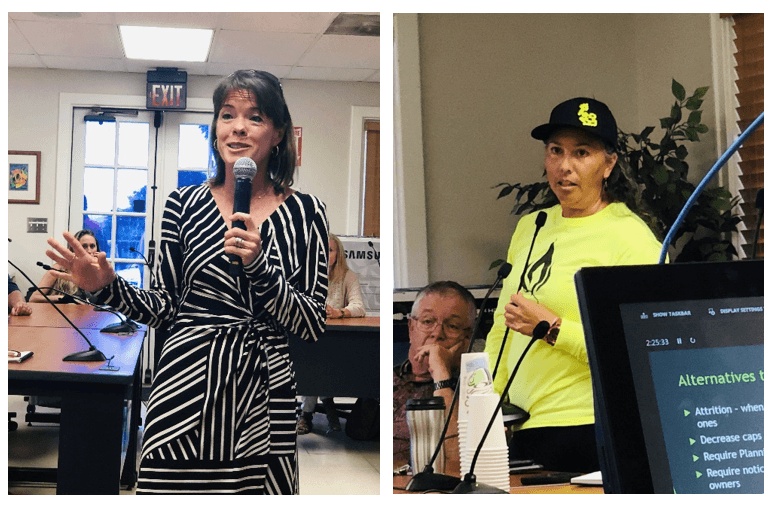
Hardship Cases
One family with a child suffering from cancer brought signs reading “Don’t take my job,” “Dad pays 4 Sully’s Chemo,” and a small child about 3 years old held a sign that read, “I’m Sully.” The patron of the family is a contractor employed by the vacation rental industry.
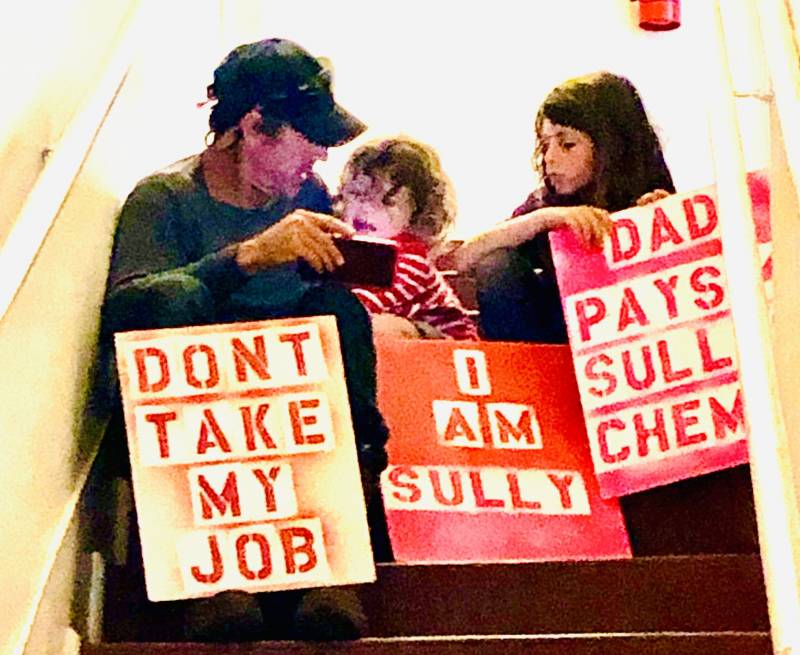
A young woman in her early 20s stood up and expressed that she has a cleaning business and can barely afford a room in a house now. Without her income that depends on the health of the vacation rental industry, she would not be able to afford even that level of accommodation, and said she spoke for many other youth on Maui.
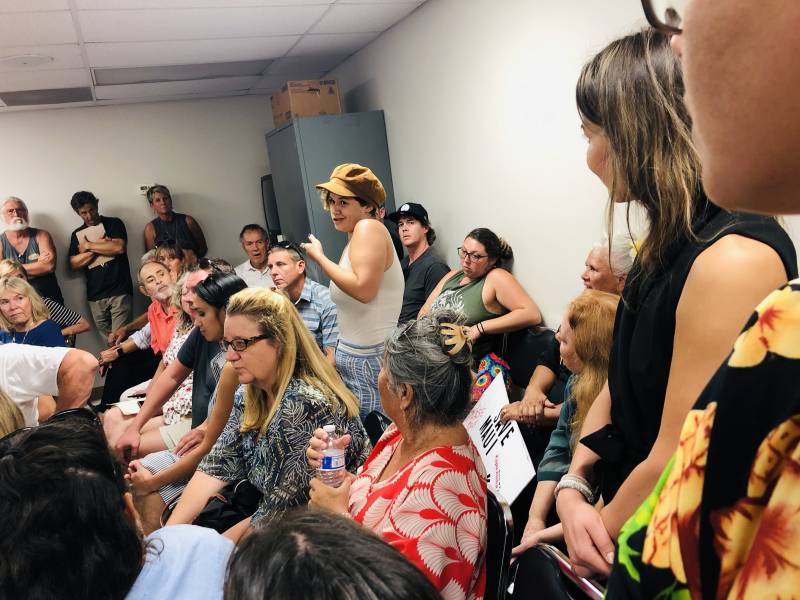
Former Council Opposed
A former council member who served from 1995-2000 said to use the term “phase-out” is frightening and serious, unjust and unwarranted, and that a primary motive of “unknown neighbors” does not warrant this punitive action.
B&Bs Really Better?
One local resident said STRHs created a smoother environment for neighbors than B&B’s because the entire property is rented out to one “party,” who tend to like to keep to themselves, and enjoy it privately more so than B&B renters in single rooms. Her neighbor’s B&B houses multiple concurrent guests that fill up the driveway with cars and create tension and noise in common areas, which is both audible and visible in the neighborhood.
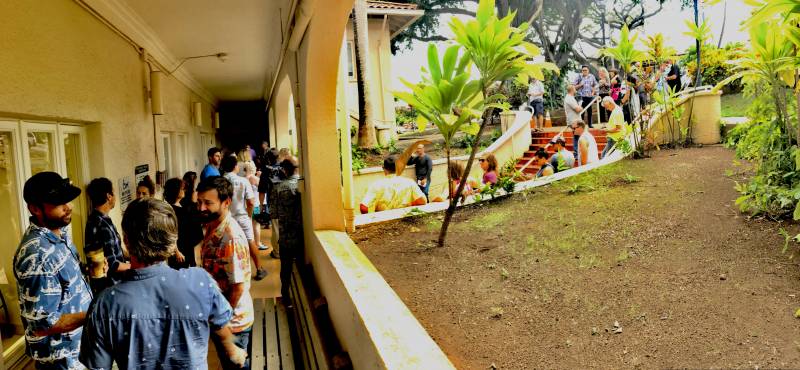
The turn out was huge. Hopeful attendants overfilled the conference room, interior hallways and staircases were elbow-room only, and lines formed throughout the lanai’s, and courtyards at every entrance around the building.
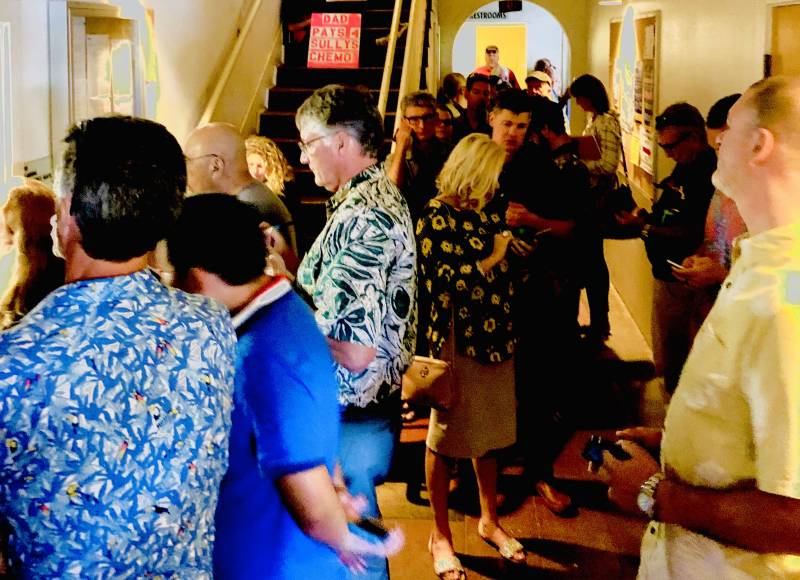
Please submit your comments below and check back for information resulting from Friday’s meeting and county next steps.
Related Links
STRH Permit List
Maui News Article
Maui County Planning Department (Michelle McLean) STRH Phase-Out Plan Presentation
Personal Note
Affordable housing is a big problem on Maui and one I am passionate about helping to solve. I have been working with the public schools in Lahaina to understand what happened to teacher subsidized housing in Lahaina, and how it is that neighboring islands still can offer this support but Maui cannot. I worked with over 200 hundred families trying to get affordable housing on the west side and feel quite familiar with the housing situation and local needs here on the west side and the impact it has on our keiki and in the school systems. This is why I am unfortunately confident that revoking residential STRHs or Minatoya Listed TVRs will not solve affordable housing needs, and will reduce jobs and income in the workforce community. It’s the right cause, but the wrong action.
Mahalo no ko ‘oukou aloha a me ko ‘oukou kokua!




Lucky Schmidt
May 4, 2020
Impressed beyond words 4 Julie’s presentation of her life long dream of being UR best advocate in – real estate / she takes gr8 pride in her journey with U covering all aspects required . A “happy home” is Julie’s – mission 4 ur – conmittment.